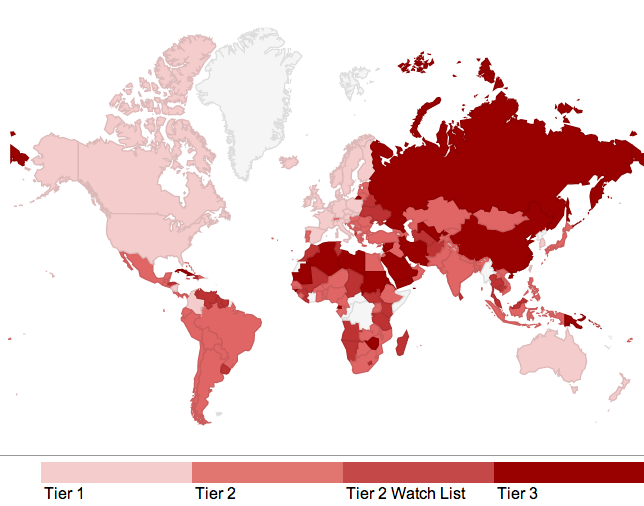A recent decision by a federal appeal court expands the already very broad opportunities for police and border agents to stop and search travellers near the US border:
A federal appeals court just ruled that the police have a legal right to stop, search and arrest you for innocent behavior including driving with your hands at the ten-and-two position on the steering wheel at 7:45 p.m., taking a scenic route and having acne.
To the Tenth U.S. Circuit Court of Appeals, these factors added up to fit the profile of a person smuggling undocumented immigrants and drugs. The court said, “Although the factors, in isolation, may be consistent with innocent travel … taken together they may amount to reasonable suspicion.”
In other words, the police can now stop you for no reason at all. Law enforcement just needs to add a sinister context to your behavior, and off you go to jail. The court endorsed this expansion of aggressive police behavior in USA v. Cindy Lee Westhoven, No. 13-2065.
[…]
Incredibly the court found that this scenario created a reasonable suspicion for an “investigative stop.” By inserting a context that would make every driver guilty, the court upheld this belligerent law enforcement:
The officer said he spotted the car because “her arms were ‘straight and locked out’ at a ‘ten-and-two position on the steering wheel,’ — as everyone is taught in driver’s ed in high school. He was also suspicious because the road was used primarily by locals in New Mexico, and Westhoven had Arizona plates. She had acne scarring, “indicating to him she might be a methamphetamine user.” He also thought the shopping was better in Tucson than Douglas, so this was also “suspicious.”
“The dark tinted windows on Ms. Westhoven’s truck raised Agent Semmerling’s suspicion that she might be concealing something or someone in the back of her truck,” the court added.
The time happened to be between a 6-to-8 p.m. border patrol shift change, and the cop inferred that Westhoven was a smuggler trying to exploit that two-hour window. Westhoven was nervous, taking long pauses and shaking — which apparently signaled criminality.
The final nail for Westhoven was that she had two cell phones visible in the car. The cop said this was a common practice for drug smugglers. It is also common for people who have a business phone and a personal phone.





